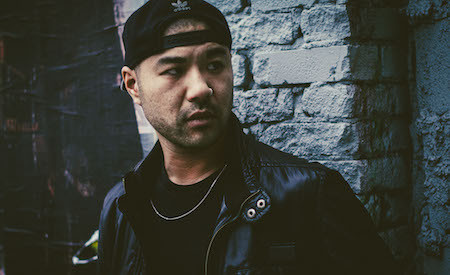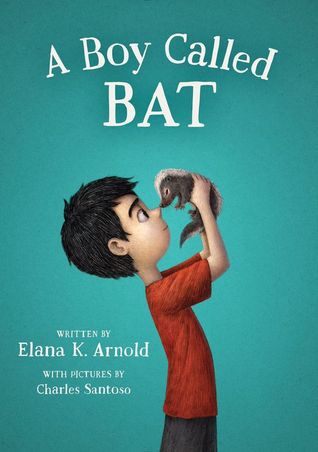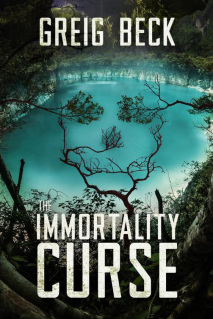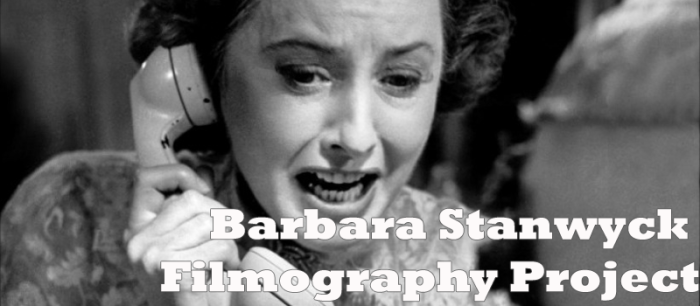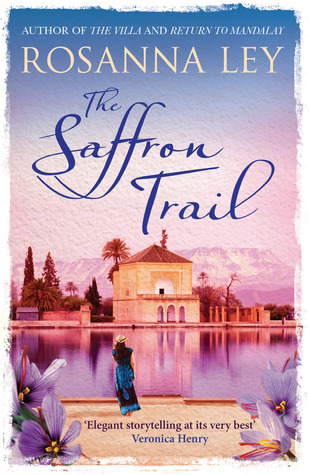 Malcolm Young of AC/DC
Malcolm Young of AC/DC
 David Cassidy
David Cassidy
Upon initial examination, the recent passings of Malcolm Young (guitarist, co-founder of Australia’s AC/DC) and David Cassidy (of Partridge Family fame) share several (perhaps surprising) similarities. Both certainly enjoyed points of considerable fame in their music careers. Both passed away while in their mid 60’s (Young at 64, Cassidy at 67). Both dealt with the issue of alcohol abuse. And both reportedly suffered from dementia in their final years. That said, their chosen music styles were quite different (!)
Case in point…here’s AC/DC with Malcolm and his brother Angus performing one of the band’s signature tunes, Back in Black .
 The Partridge Family
The Partridge Family Shown from left: (top) Brian Forster, Danny Bonaduce, Suzanne Crough; (front) David Cassidy, Shirley Jones, Susan Dey
On the other hand, The Partridge Family (a fictional TV series family starring Cassidy and his stepmother Shirley Jones, loosely based on The Cowsills) garnered a #1 hit with I Think I Love You. The song sold over five million copies, outselling The Beatles‘ single Let It Be, released that same year (1970).
While I certainly recognize Young’s contribution to popular music, I have a much more sentimental connection with Cassidy and his “family”. The Partridge Family series ran from the fall of 1970 to the spring of 1974. And the spring of 1974 coincidentally marked the arrival of our first son. As most parents will know, babies are prone to their fretful times…and our son was no exception. When he was a few months old one of those fretful (ie. crying and not to be comforted) periods became almost predictable… around 5:00 p.m. That was about the time I was getting home from work and Jane was attempting to come to grips with supper. It was serendipitous that, on one such occasion, we happened to turn on the TV and were greeted with
Hello world, here’s a song that we’re singin’ Come on get happy A whole lotta lovin’ is what we’ll be bringin’ We’ll make you happyIt might appear ironic to quote such effervescent lyrics when we were (at that moment in time) in existential crisis. But, mirabile dictu [marvellous to relate], when that theme song began, our son’s crying subsided and he waxed relatively tranquil, a state sometimes lasting for the duration of the program. And because the series was running in syndication shown at 5:00 weekdays (fall, 1974), we were suddenly made regular viewers.
Syndication doesn’t last forever (so they say)… nor does infancy. Our need for “the family” subsided over time and it eventually completed its syndication run. I suppose we were vaguely aware of Cassidy’s popularity during the period. ( During the show’s initial airing ten albums were released by The Partridge Family as well as five solo [David Cassidy] albums with most selling more than a million copies each. Internationally, Cassidy’s solo career eclipsed the already phenomenal success of his “fictional family”. He became an instant draw with sellout concerts in major arenas around the world. These performances frequently produced mass hysteria, resulting in some media coining the term Cassidymania. For example, he played to two sellout crowds of 56 000 each at the Houston Astrodome in Texas over one weekend in 1972. His Madison Square Garden concert in New York sold out in one day and resulted in riots after the show.) But it was not until the 1990’s that he garnered further attention from us.
It could be blamed on dramatist, lyricist and composer Willy Russell, I suppose. Russell was in a prolific phase during the 1980’s and enjoyed great success with stage and movie versions of Shirley Valentine and Educating Rita (both shows we quite enjoyed ). He ventured into musical territory with the writing of Blood Brothers. The story centred on twins who, separated at birth, are raised by different families, one wealthy and one impoverished. Later they fall in love with the same girl, causing a rift in their relationship and leading to the tragic death of both brothers. And the Cassidy connection? After achieving considerable success both in the West End (London) and Broadway (New York) in the mid-nineties, the show was brought to Toronto where we had the opportunity to see it.
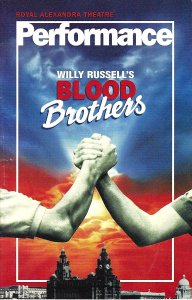 playbill from the Toronto run circa 1996 (Royal Alex)
playbill from the Toronto run circa 1996 (Royal Alex)
One of the twins (Mickey) was played by David Cassidy. And, although he did not appear in the Canadian production, David’s half-brother, Shaun, played his twin (during its Broadway run). To give you a taste of the show’s music and witness a later incarnation of David Cassidy, here are the brothers singing…
My memory of that production was not so much the libretto or the musical score perse. I was most impressed by several of the voices, particularly Cassidy and Canadian Amy Sky along with Michael Burgess as narrator. I came to appreciate that the former teen idol actually had a fine singing voice.
In spite the success he enjoyed in that role, much of the remainder of his life was marked by failed relationships, alcohol abuse and financial crises. It was sad to see Cassidy’s daughter (Katie) write that her father’s final words were “so much wasted time”.
I’m in no position to judge that final sobering self-evaluation. I can only say that, for two new parents with a colicky baby, his voice was a godsend and that is how I now choose to remember him. Requiem in pacem.
A slightly more cheerful postscript…
The other music which served as a balm for our colicky son was the soundtrack for the film Jonathan Livingston Seagull, recorded by Neil Diamond (released in 1973).
Even then, a person with definite musical tastes…
Advertisements Like this:Like Loading... Related